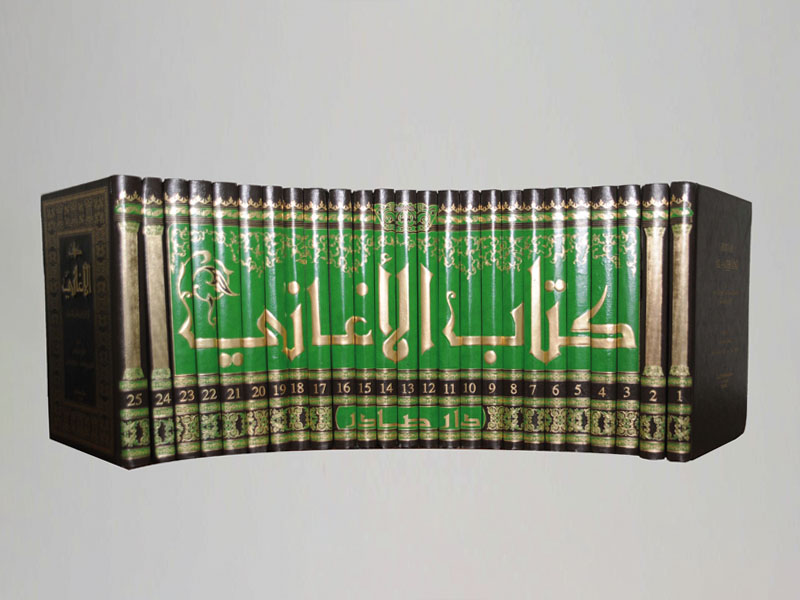Approach and its Contexts
Issue 4

Scheherazade Qassim Hassan
According to the author, there are two main approaches to Arab Islamic history with regard to issues related to music. One approach has to do with people involved in music, and another has a theoretical connection with mathematics, for music was, following the Greek school, a mathematical science. Investigating this area which reflects concepts of writing and its topics during long centuries allows us to benefit from it in a modern way. Such investigation enables us to reveal the perpetuity of some phenomenon related to music, and how ancient approaches are reflected in contemporary writings in addition to the application old material in a new environment. The author also maintains that investigating topics related to folk culture, especially approaches to indexing and archiving in addition to carrying out descriptive fieldwork in this geographical region, dates from more three decades ago. The article discusses the importance of the intellectual concepts pertinent to approaching the vocal tradition in our region and their relevance to research in general. Tradition is not solely recorded history; rather it involves all our oral practices which have not been investigated so far. To do so, the researcher should be aware of what has been written, yet genuine contributions usually come from field observation which should be subjected to the mechanisms of methodical research that reveals social reality. Centers concerned with vocal practices around the world keep an original copy that was recorded in the field. This copy will not be used except for making another recording for research purposes. Both copies require regular maintenance, which is one of the essential responsibilities of those centers. According to the author, there is a conflict between oral folk culture and written folk culture. This conflict runs in parallel to the dichotomy traditional and modern. The so-called ‘new educated Arabs’ frown upon all folk traditions as a sign of primitive societies countries which they undertake to liberate. On the other hand, they hold in high esteem all modern and new changes in Arab culture. Arab culture is a complex of more than one field and art, and it has a long historical heritage that has incorporated in it its own values. The author posits the following question: Is cultural musical tradition concerned only with folk music? And she also wonders if there are distinctions between urban and folk cultures or between popular and artistic elements in music. Consequently, the research approach does not stem form investigating practice only but from ascertaining how well practice reflects theory. In contrast, the approach to folk music calls for emanating from the real applications of the theory, which entails conniving at multiplicity in the traditions of the Arab region which in turn calls for unifying performance forms and styles. The author concludes by asserting that modernism may have meaning when a society adheres to its old traditions which are stored in the public memory and passed over from generation to generation.







































































